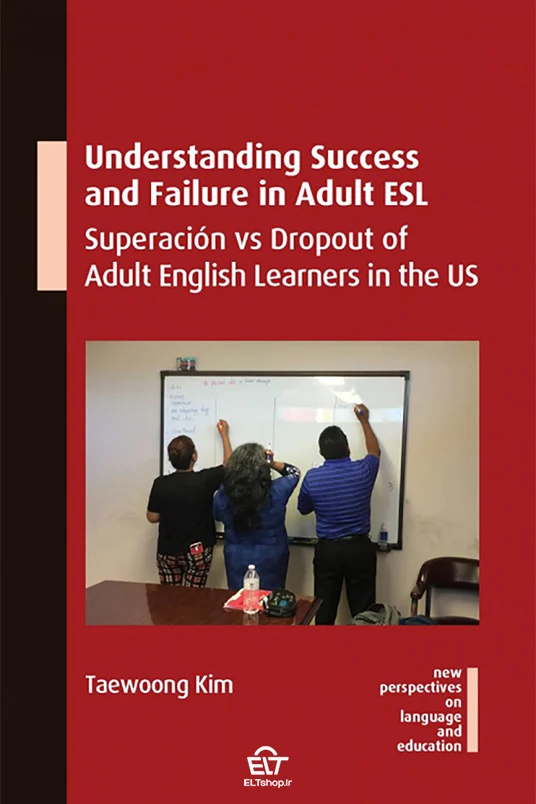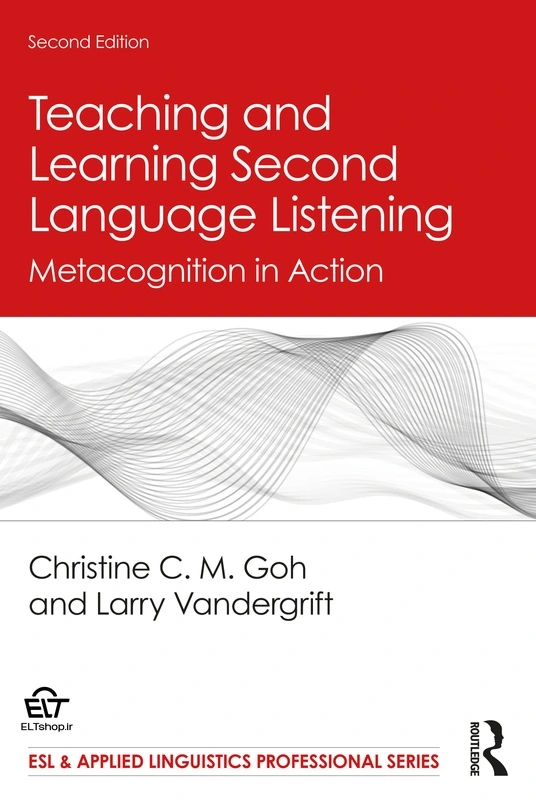این کتاب به بررسی دلایل ترک تحصیل زبانآموزان بزرگسال ESL در کلاسهای زبان میپردازد و استراتژیهای مشخصی برای حفظ انگیزه دانشآموزان پیشنهاد میکند. مؤثرترین این استراتژیها ممکن است بیشتر به جنبههای شخصی مربوط باشد تا فنی یا آموزشی. بر اساس یک مطالعه درباره گروهی از مهاجران مکزیکی به ایالات متحده، نویسنده پیشنهاد میکند که مفهوم «خودشکوفایی» برای درک موفقیت نسبی زبانآموزان بزرگسال ESL بسیار مهم است. تصمیمات زبانآموزان برای ترک کلاسها نه شتابزده و سطحی، بلکه مبتنی بر ارزیابی منطقی و واقعبینانهای است که نشان میدهد چگونه کلاس میتواند کیفیت زندگی آنها را بهبود بخشد. کسانی که ESL را به بزرگسالان آموزش میدهند باید بر مزایای ملموس و عملی یادگیری زبان انگلیسی تأکید کنند و در عین حال تلاش کنند تا آموزش را مرتبط و مفید سازند.
This book delves into the reasons behind why adult ESL learners discontinue their language courses and offers clear strategies to help maintain student engagement. It suggests that the most successful methods may be personal rather than focused on technical or curricular elements. Drawing from a study of Mexican immigrants in the U.S., the author argues that superación, or self-actualization, is key to understanding the success of adult ESL learners. The decision to drop out wasn’t impulsive or shallow but was a thoughtful evaluation of how the class could enhance their quality of life. Those teaching ESL to adults should emphasize the real, practical benefits of learning English while ensuring the lessons remain relevant to learners’ lives.





